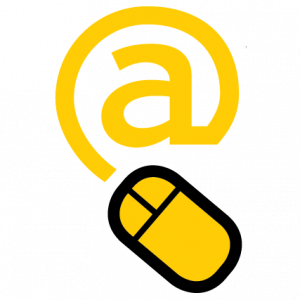Course at a Glance
The course aims at introducing methods for analysis and control of nonlinear systems.
Particular attention is paid to time domain analysis techniques, such as Lyapunov stability
and feedback linearization. Applications to robotic manipulators are also presented. The course is co-organized by the Robotics, Brain and Cognitive Science Department, Istituto Italiano di Tecnologia (IIT).
Instructors
Daniele Pucci (RBCS) daniele.pucci@iit.it,
Credits:5
Synopsis
Over the last three decades, nonlinear control techniques have experienced a tremendous
boost, which led to several applications in aviation, robotics, chemistry, and industrial processes. In fact, advances in modeling and computer-aided design systems allow us to simulate complex and highly nonlinear processes, the robust control of which may require more than simple linear controllers. This course introduces control techniques for nonlinear ordinary differential equations powered by control variables. Emphasis is given on cases where linear methods are not sufficient for ensuring large domains of stability and robustness. Applications to robotic manipulators is also presented with simulations performed in the MATLAB environment, and on the real platform iCub.
Syllabus
Duration of the course: 12 -14 hours
- From linear to nonlinear: recap of linear systems and peculiar phenomena in
nonlinear systems.
- Fundamental properties: existence and uniqueness of solutions to differential
equations. Fundamentals of stability. Interconnected systems.
- Lyapunov stability 1: autonomous systems. Definitions of Lyapunov functions, la Salle principle. Stability of nonlinear systems from linearization.
- Lyapunov stability 2: nonautonomous systems. Linear time-varying systems. Converse theorem. Barbalat lemma and its applications.
- Feedback control: stabilization via linearization, integral control, and gain scheduling.
- Feedback linearization: theory and applications to robotic manipulators.
- Nonlinear design tools: backstepping, adaptive control with applications to robotic manipulators.
- Advanced stability analysis: center manifold theorem, region of attraction, stability of periodic solutions.
There will be a final examination decided by the instructors.
Prerequisites
Multivariable calculus, linear differential equations, control of linear systems.
PhD Program in Bioengineering and Robotics – 2016-2017
Reading List
1) Nonlinear systems, H. K. Khalil
2) A mathematical introduction to robotic manipulation, R.M. Murray, A. Li, S. S. Sastry
3) Nonlinear control systems, A. Isidori
Venue
Istituto Italiano di Tecnologia, Via Morego 30, Bolzaneto, Genova
Course dates
December 2017
- Docente: DANIELE PUCCI
